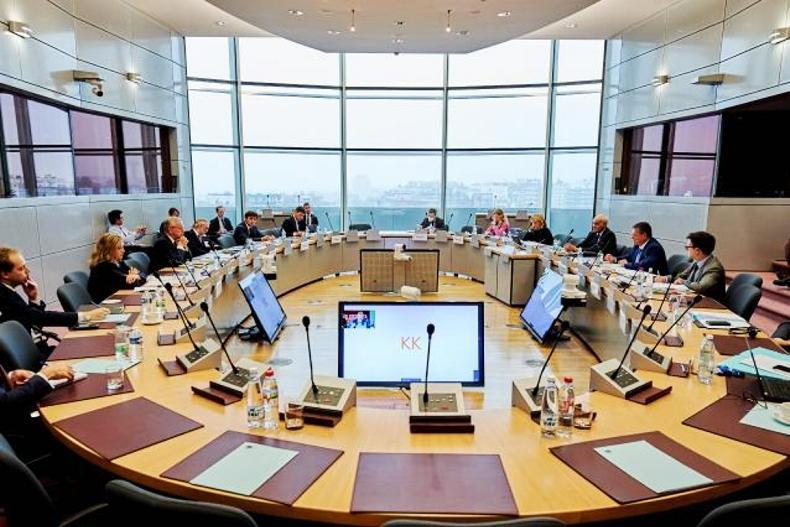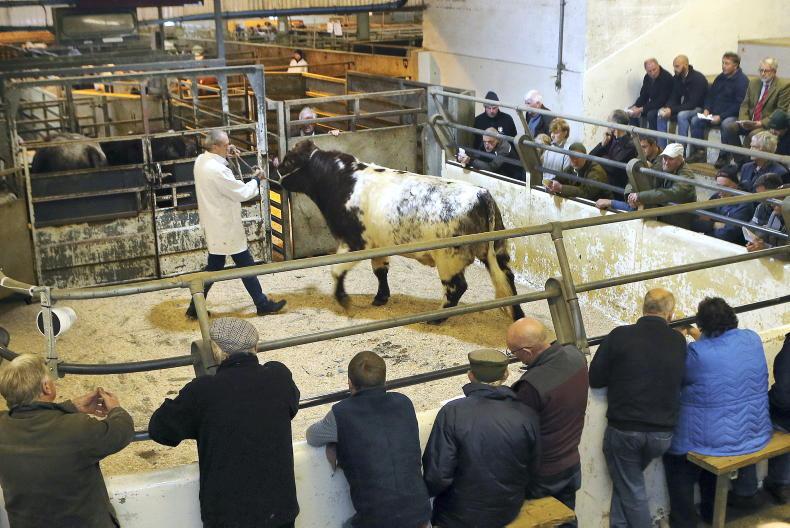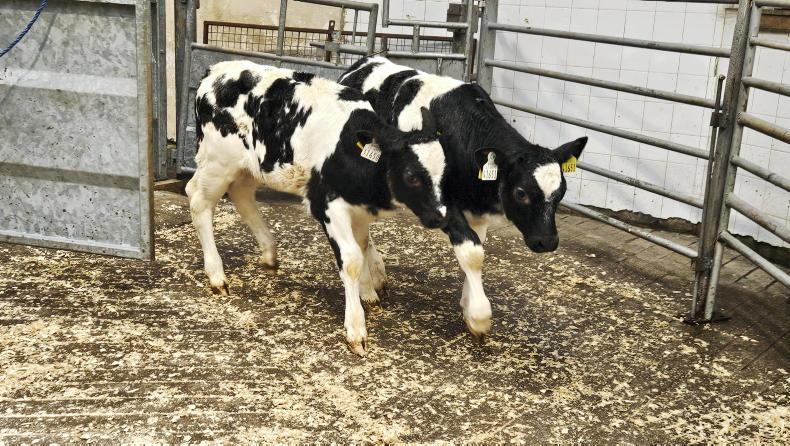The UK government is unilaterally signalling its intent to ditch the provisions of the Northern Ireland Protocol that are designed to protect the integrity of the EU single market.
The integrity of the single market rests on there being a single set of rules, uniformly enforced and consistently applied, across the 27 EU states.
Under the Protocol, goods produced in Northern Ireland (NI) would enjoy full access to the single market without any checks at the EU border, in Ireland or anywhere else. The Protocol also affirms that NI retains full access to the UK market.
Impact of UK legislation
The new UK legislation announced this week would create a control-free zone in Ireland, which would radically weaken Ireland’s position as a member of the EU. By doing away with controls at the ports in NI envisaged in the Protocol, it would create a situation whereby goods and foods, not meeting EU standards, could be brought into the EU market via Ireland.
International commerce, in which the UK was once a major champion, rests on scrupulous respect for treaties and contracts. “My word is my bond” was once a watchword in British international dealings. No more it seems. The UK is now claiming that an international treaty can be breached on the basis of “necessity”.
This is a hard claim to justify in this case. In total, 52 of the 90 members of the Northern Ireland Assembly have indicated support for the Protocol, so there is no democratic “necessity” to scrap it.
The situation we are in today is a sign that debate within the ruling Tory party is taking place within a bubble, in which the needs of others outside the bubble are not heard
The fact that the UK government, parliament and electorate all endorsed the Protocol as recently as 2019 makes it very hard to plead “necessity” as a grounds for undoing their own work.
An objective court is likely to decide that they could and should have anticipated what would happen in their own jurisdiction.
The situation we are in today is a sign that debate within the ruling Tory party is taking place within a bubble, in which the needs of others outside the bubble are not heard.
One Brexiteer recently described the NI Protocol as “a punishment the EU inflicted on the UK for Brexit.”
This is despite the fact that in 2019, Boris Johnson, who negotiated the Protocol himself, claimed that in the Protocol, he had swiftly negotiated what he called a “great new deal.” He, unlike his predecessor, had got Brexit done, he boasted.
Precedent
Any precedent the EU might cede to the UK will be demanded by other non-EU states with land borders with the EU. The UK demands to be trusted when they say that nothing that fails to meet EU standards will cross the border into the EU.
They seem to have forgotten the long tradition of smuggling on and around the NI border, some of which helped finance paramilitary activity in the past. Trust has to be earned – it cannot be commanded.
If the EU cannot trust the UK government to keep its word, it will be even harder for it to trust the private sector “trusted traders” the same government appoints to protect the EU from the smuggling of goods and foods across the border into the Republic.
What will happen now?
The EU has made it clear that the terms of the agreed Protocol will not be changed. It has also made clear that without the Protocol, there could have been no Withdrawal Agreement and without that, there could have been no Trade and Cooperation Agreement (TCA).
Without the TCA, the Common External Tariff of the EU would have to be applied to British goods coming into Ireland and every other EU state.
This would be deeply destructive, but it is the logical outcome when one tries to unravel complex inter-related international agreements unilaterally. The whole thing comes apart.
As an EU member, Ireland would then have to apply the Common External Tariff on its own land and sea borders, a task of daunting proportions politically and practically.
The best approach for the EU would be to gradually turn up the heat on the UK so as to give them time to learn that actions have consequences
The effect on stability in NI and the sense of isolation of northern nationalists would be intense. The disruption of the food industry across the island of Ireland would be disastrous.
One hopes that it will not come to that. But pretending that this could never happen is not wise. The best approach for the EU would be to gradually turn up the heat on the UK so as to give them time to learn that actions have consequences and the price could be very high. The European Commission has much experience in trade disputes and knows how and where to target it’s actions.
Meanwhile, the political climate in the UK could change. The UK opposition parties need to assert themselves for the sake of the reputation of their country.









SHARING OPTIONS